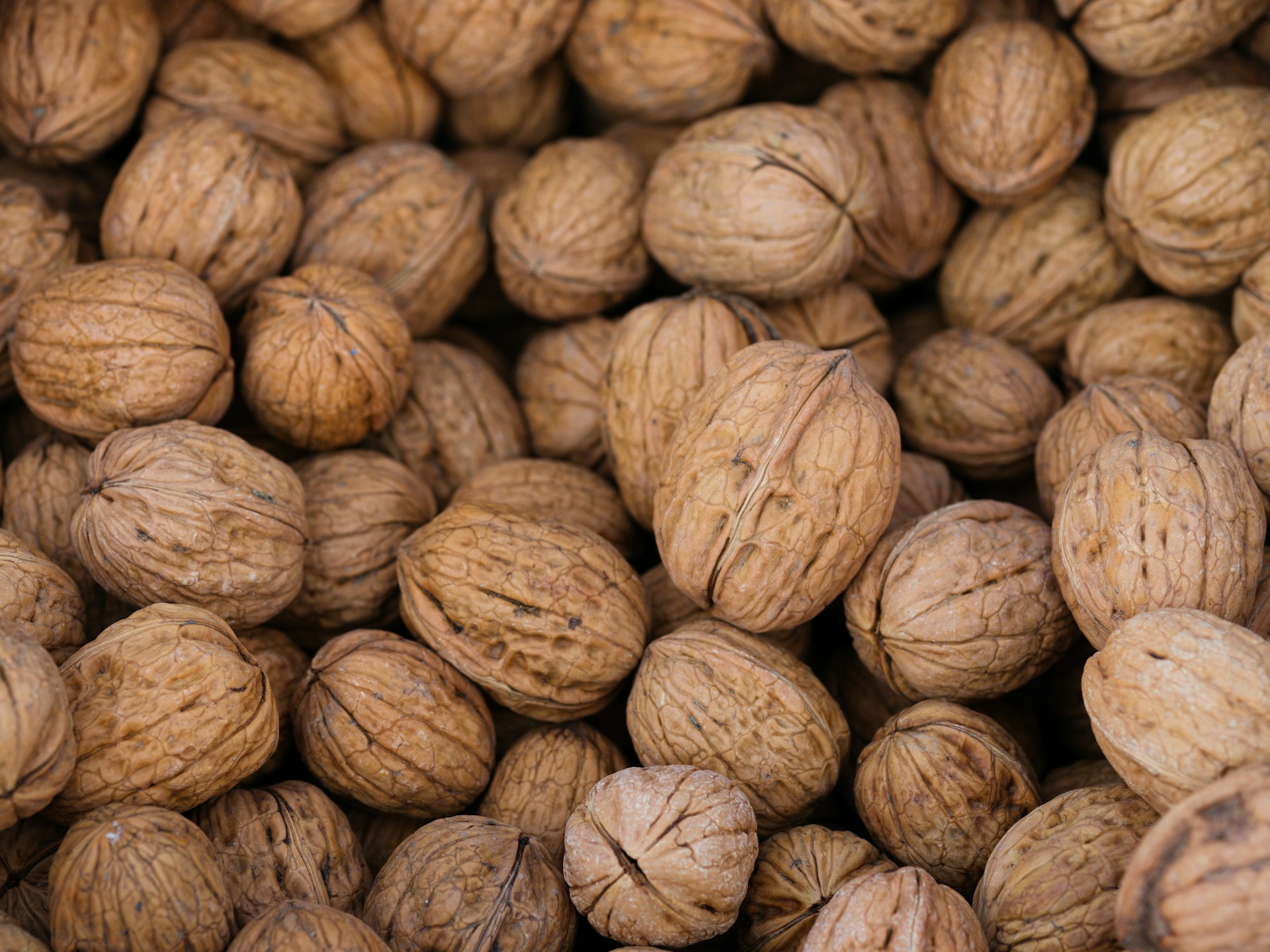Nutrition
Study Reveals Snack That Will Lower Colon Cancer Risk

Recent research has unveiled a promising strategy to combat the increasing risk of colon cancer, particularly through a simple dietary change. Colon cancer has become a leading cause of cancer-related deaths in adults under 50, with its incidence rising sharply among younger populations.
The Western diet, often high in processed foods and low in essential nutrients like fiber, fruits, and vegetables, is suspected to contribute significantly to this trend. This diet can lead to inflammation in the body, increasing the risk of developing colon cancer.
However, a groundbreaking study published in Cancer Prevention Research has identified walnuts as a potential ally in reducing both systemic inflammation and colon cancer risk. This study highlights the role of ellagitannins, compounds found in walnuts, in promoting anti-inflammatory and anti-cancer effects.
“Ellagitannins in the walnut are importantly providing the anti-inflammatory and anti-cancer properties that we’re seeing in patients in our clinical trial research, particularly the gut’s conversion of ellagitannins to a potent anti-inflammatory agent, urolithin A,” stated Daniel W. Rosenberg, PhD, a professor at the UConn School of Medicine.
Ellagitannins are metabolized by the gut microbiome into urolithins, which are powerful anti-inflammatory molecules that help reduce oxidative stress on cells. The study involved 39 participants aged 40 to 65, all at an elevated risk for colon cancer.
Over three weeks, they consumed walnuts as their sole source of ellagitannins. The results were promising: urine samples showed increased levels of peptide YY, a protein linked to the inhibition of colorectal cancer, and blood samples indicated reduced inflammation markers, particularly in obese participants.
Furthermore, polyp tissues exhibited lower levels of proteins typically associated with colon cancer. “There are many potential benefits one can get from eating walnuts, with so little downside risk, that just grabbing a handful every day is really something that you can easily do for your long-term health benefit,” Rosenberg concluded.
In addition to walnuts, recent studies suggest pairing them with yogurt or milk could further enhance their protective effects against colon cancer. A study published in Gut Microbes found that regular yogurt consumption may protect against colorectal cancer by positively influencing the gut microbiome.
Specifically, individuals consuming two or more servings of yogurt weekly had a 20 percent lower rate of Bifidobacterium-positive proximal colon cancer. This type of cancer, located on the right side of the colon, often has poorer survival outcomes.
Moreover, yogurt’s high vitamin C content may also contribute to reducing colon cancer risk. Another study in Nature Communications examined the health data of over half a million women in the U.K. over 17 years.
It found that consuming 300 mg of calcium daily, equivalent to one cup of 1 percent milk or half a cup of plain, nonfat, or low-fat yogurt, can reduce colorectal cancer risk by 17 percent. Keren Papier, MD, a senior nutritional epidemiologist at the University of Oxford, explained, “It’s suggested that calcium might protect against [colon] cancer by binding to bile acids and free fatty acids to form a type of a harmless ‘soap,’ which stops them from damaging the lining of our gut.”
Incorporating walnuts, along with yogurt or milk, into your diet could be a simple yet effective strategy to lower your risk of colon cancer, offering a proactive approach to long-term health.
Let us know what you think, please share your thoughts in the comments below.
